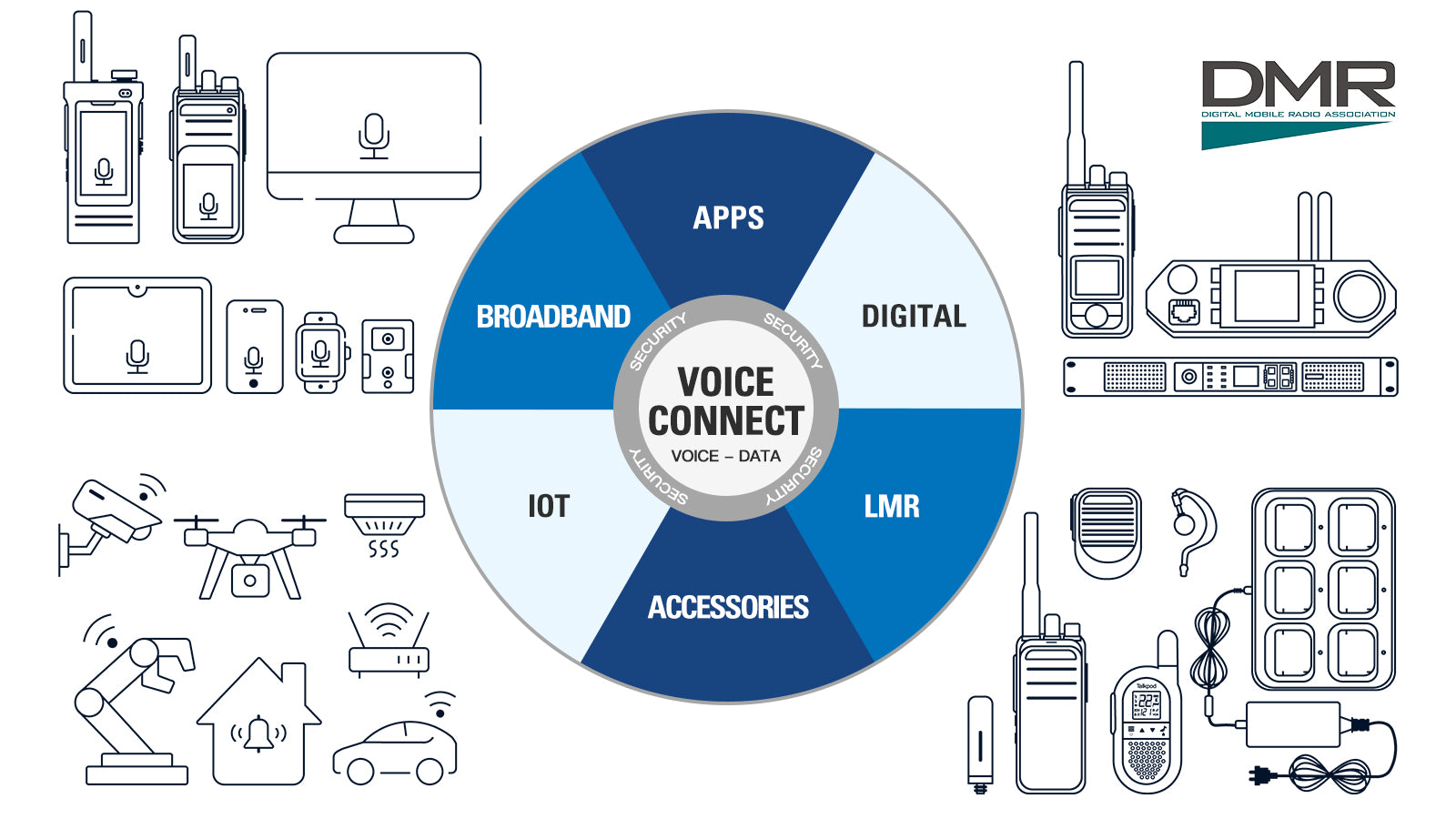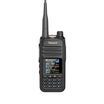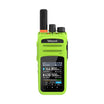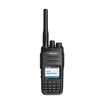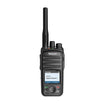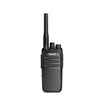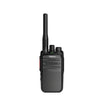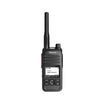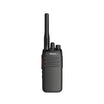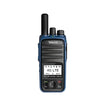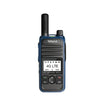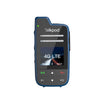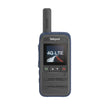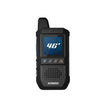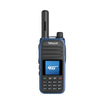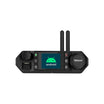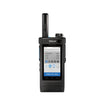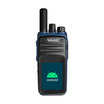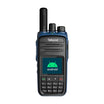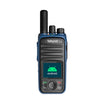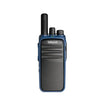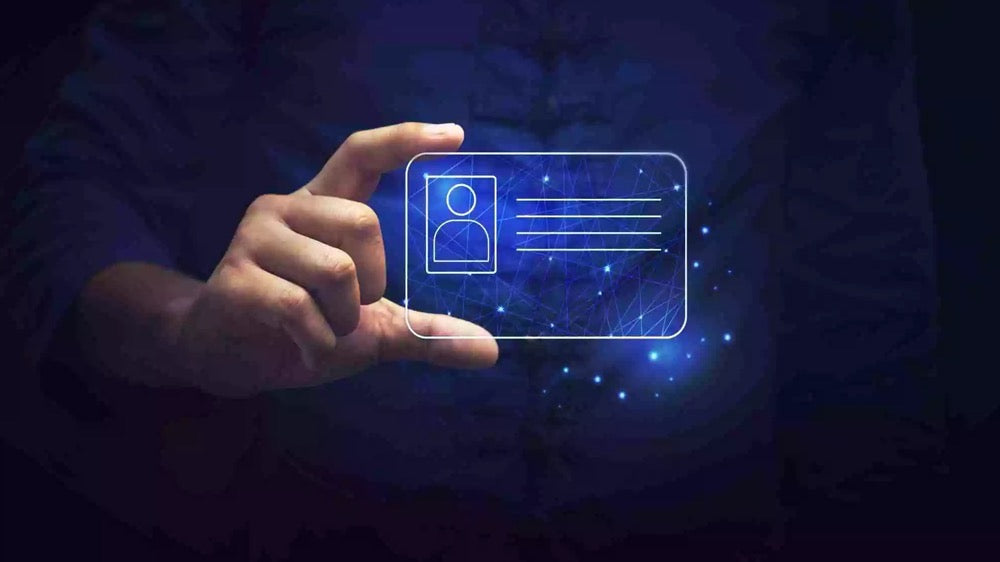In the world of radio communications, the term 'ID' refers to an identity or numeric identifier that plays a crucial role in distinguishing one user or device from another. This blog post explores the significance of ID in ensuring efficient and secure communication in various settings.
An ID, essentially a unique numerical code, is assigned to each radio or user within a network. This identifier ensures that when a call is made, it reaches the intended recipient without confusion. In environments where multiple users or teams communicate over the same frequency or channel, IDs prevent communication overlaps and ensure that messages are accurately directed.
In public safety and emergency services, IDs are paramount. They allow dispatchers to quickly identify which unit is transmitting, enabling a swift and coordinated response. For example, in a police department, an officer’s radio ID can instantly provide their name, rank, and location, which is vital during critical incidents.
Moreover, IDs enhance the security of radio networks. By using encrypted IDs, organizations can prevent unauthorized access to their communications. This encryption ensures that only radios with recognized IDs can join the network, thereby safeguarding sensitive information from eavesdropping or interference.
In summary, the concept of ID in radio communications is more than just a number; it's a fundamental element that ensures clarity, efficiency, and security in interactions. Whether in emergency responses, military operations, or everyday business communications, IDs help maintain the integrity and effectiveness of radio networks.


